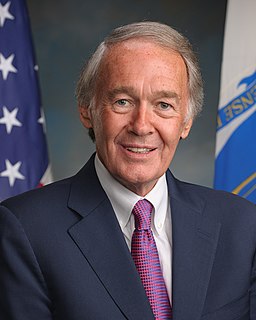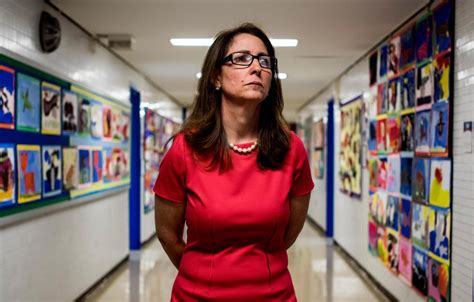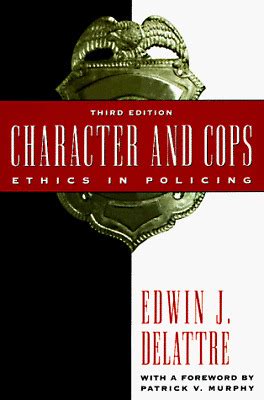A Quote by Thomas Lickona
Children are 25 percent of the population but 100 percent of the future. If we wish to renew society, we must raise up a generation of children who have strong moral character. And if we wish to do that, we have two responsibilities: first, to model good character in our own lives, and second, to intentionally foster character development in our young.
Related Quotes
The future success of our Nation depends on our children's ability to understand the difference between right and wrong and to have the strength of character to make the right choices. To help them reach their full potential and live with integrity and pride, we must teach our children to be kind, responsible, honest, and self-disciplined. These important values are first learned in the family, but all of our citizens have an obligation to support parents in the character education of our children
Undeniably, character does count for our citizens, out communities, and our Nation, and this week we celebrate the importance of character in our individual lives... core ethical values of trustworthiness, fairness, responsibility, caring, respect, and citizenship form the foundation of our democracy, our economy, and our society... Instilling sound character in our children is essential to maintaining the strength of our Nation into the 21st century.
We have to be bold in our national ambitions. First, we must win the fight against poverty within the next decade. Second, we must improve moral standards in government and society to provide a strong foundation for good governance. Third, we must change the character of our politics to promote fertile ground for reforms.
People of good character are not all going to come down on the same side of difficult political and social issues. Good people - people of character and moral literacy - can be conservative, and good people can be liberal. We must not permit our disputes over thorny political questions to obscure the obligation we have to offer instruction to all our young people in the area in which we have, as a society, reached a consensus: namely, on the importance of good character, and some of its pervasive particulars.
A doctrine-teaching, character-building university, the Brigham Young University is dedicated to the building of character and faith, for character is higher than intellect . . . . We are men of God first, men of letters second, men of science third, and noted men fourth, men of rectitude rather than academic competence. . . . Our academic training must be as impeccable as our lives.
As the mother of six, Karen Santorum knows the power of stories to shape and mold the nature of our children. In Everyday Graces, Karen has complied a treasure chest of tales that helps us raise the next generation of children into adults of kind compassion. Everyday Graces is a must for families that desire their children to become people of character.
We pass our values, ideas and moral character on to our children, but we do that knowing that our children are going to revise our knowledge and reshape their values. There's something very paradoxical and profound about being a parent as opposed to parenting. We put in all this effort and energy not so that we can shape a child of a particular sort, but so that all sorts of possibilities can happen in the future.
Character grows in the soil of experience with the fertilization of example, the moisture of ambition, and the sunshine of satisfaction. Character cannot be purchased, bargained for, inherited, rented or imported from afar. It must be home-grown. Purely intellectual development without commensurate internal character development makes as much sense as putting a high-powered sports car in the hands of a teenager who is high on drugs. Yet all too often in the academic world, that's exactly what we do by not focusing on the character development of young people.



































